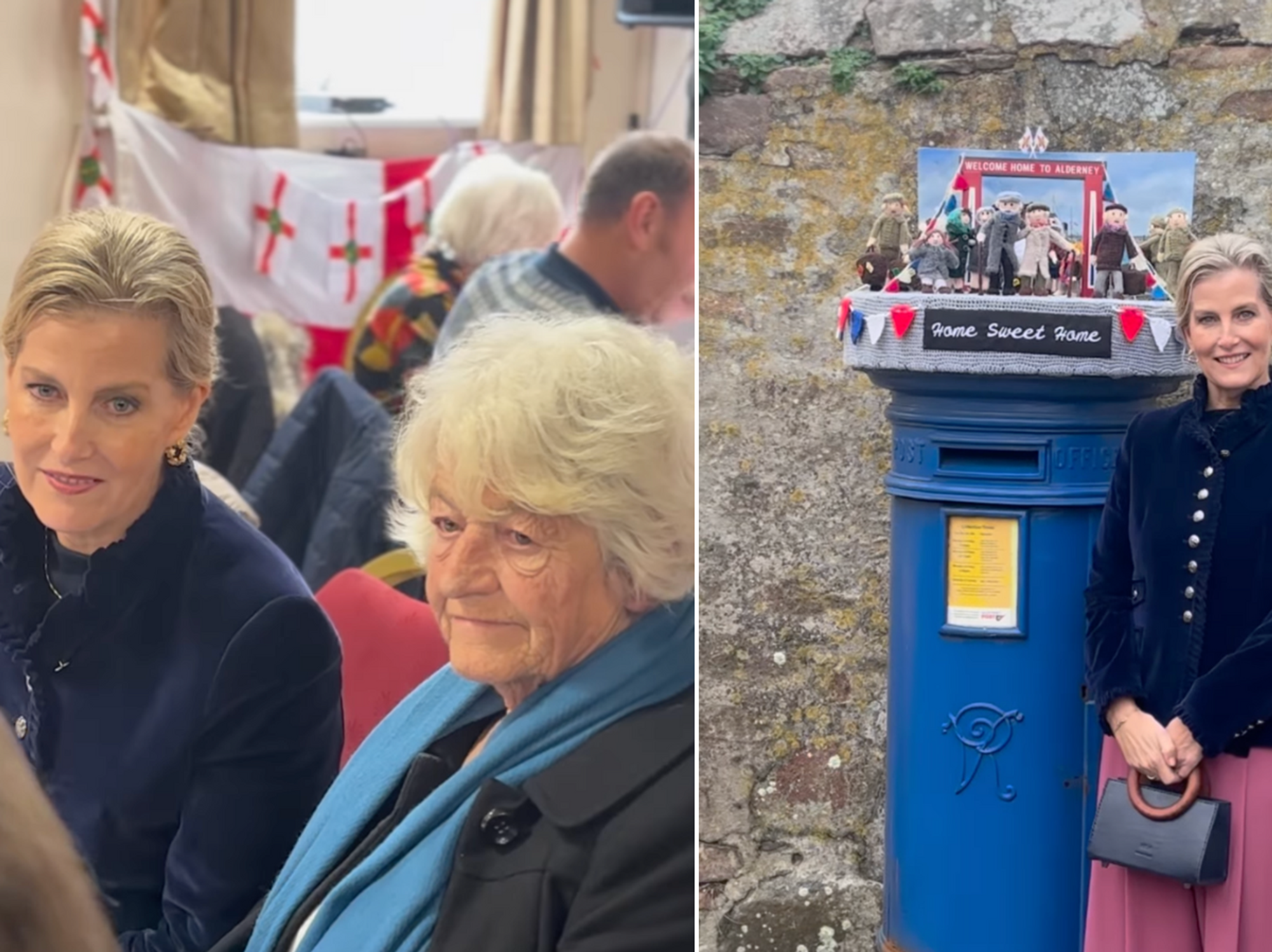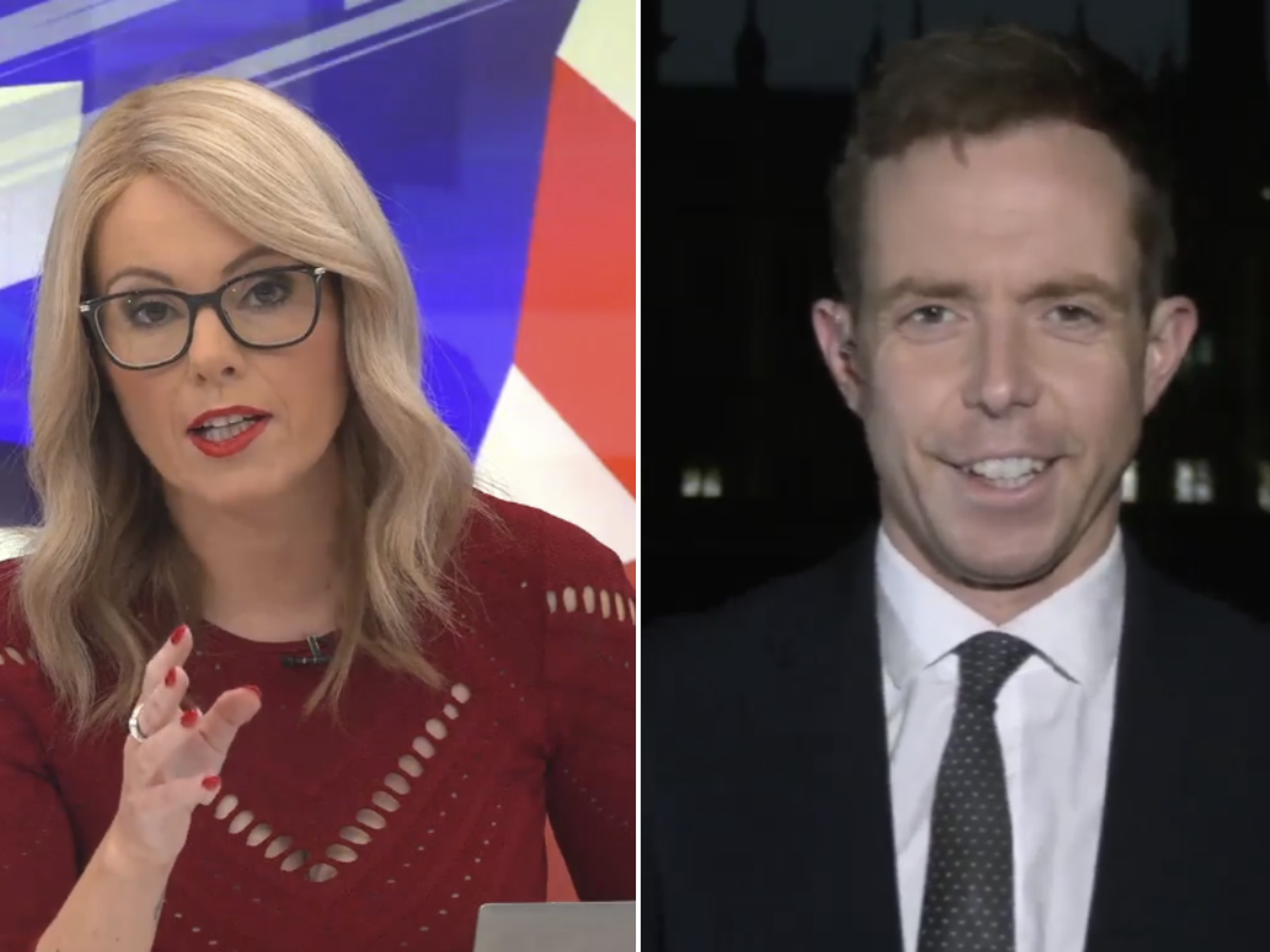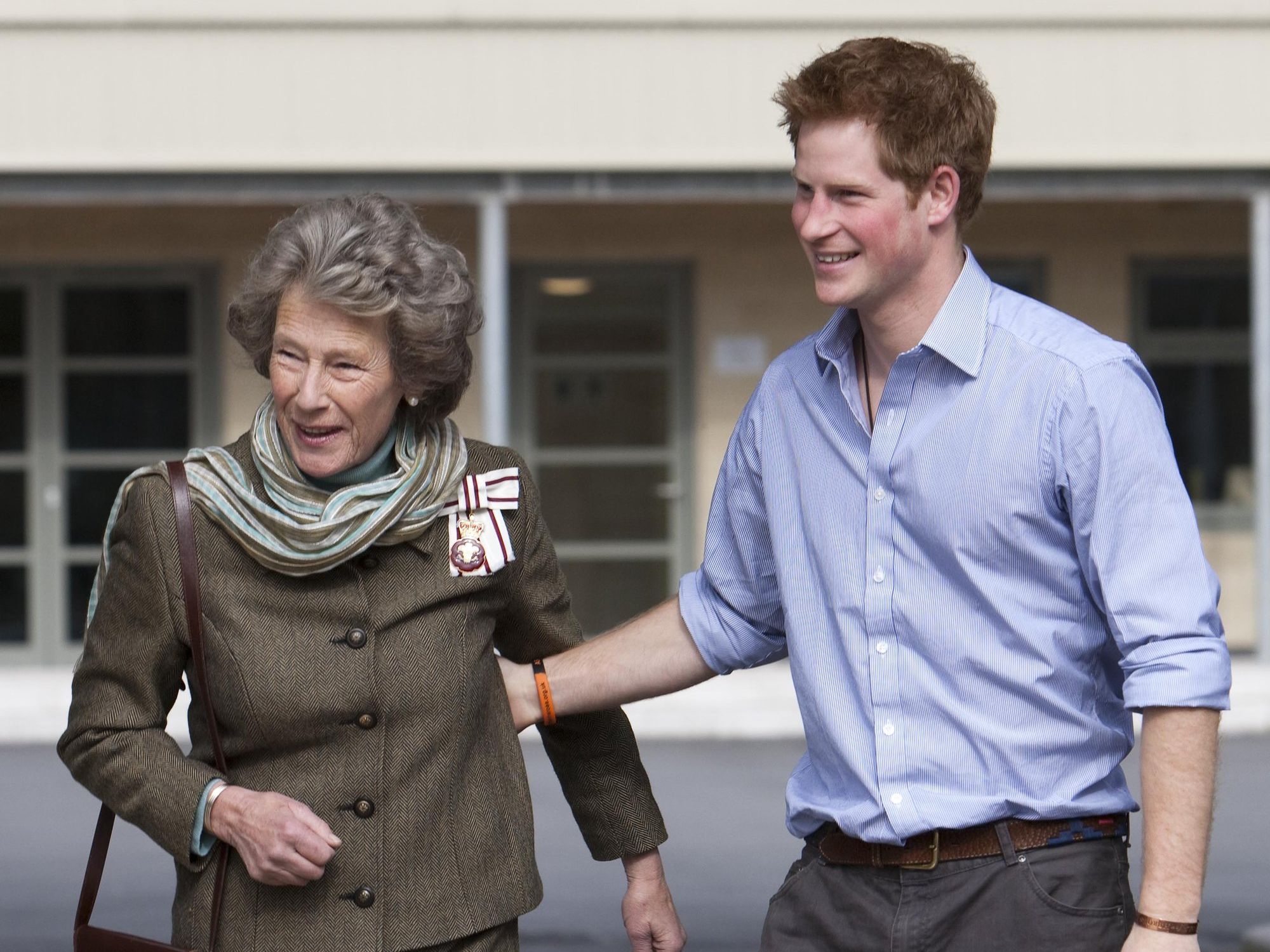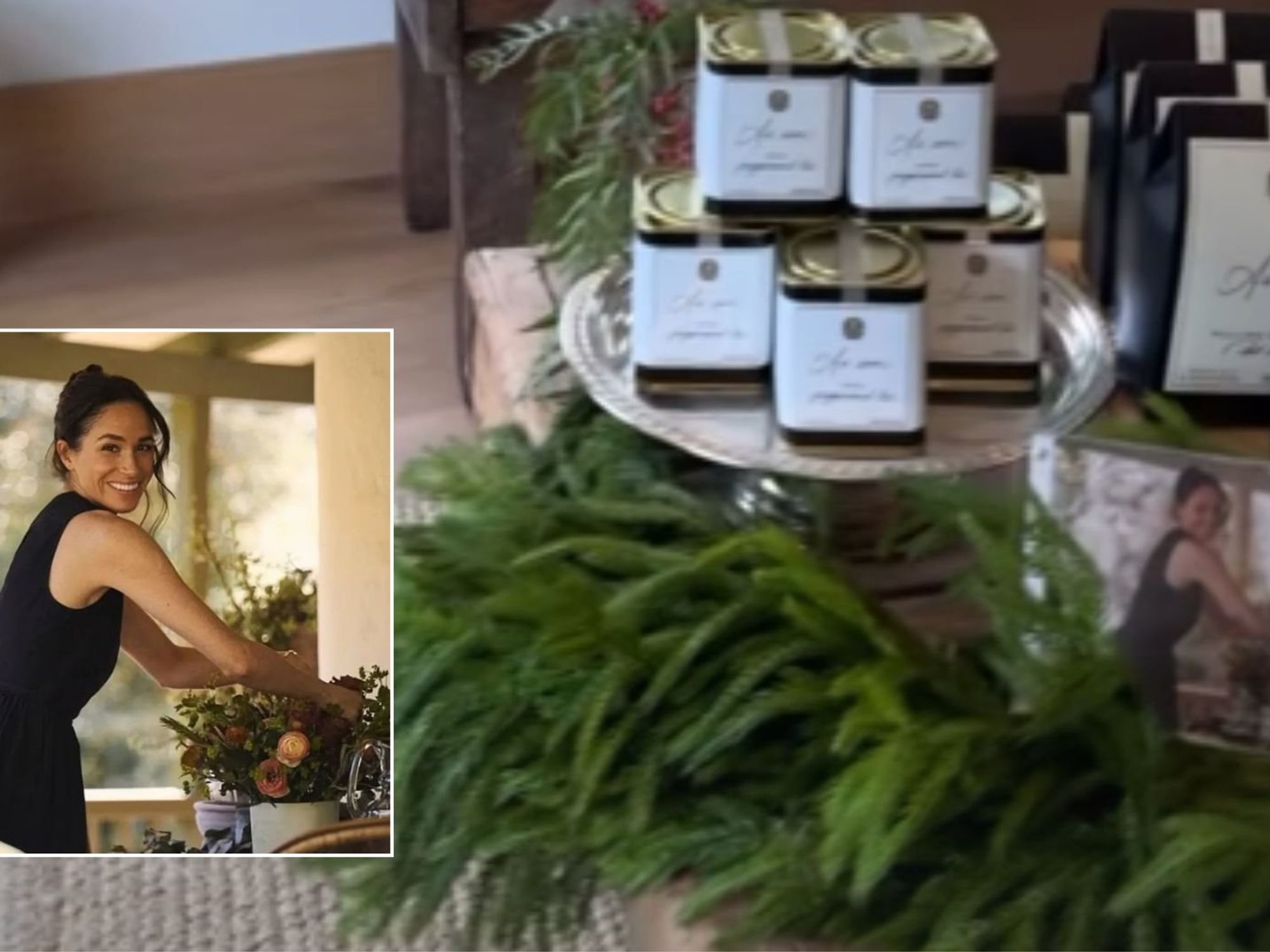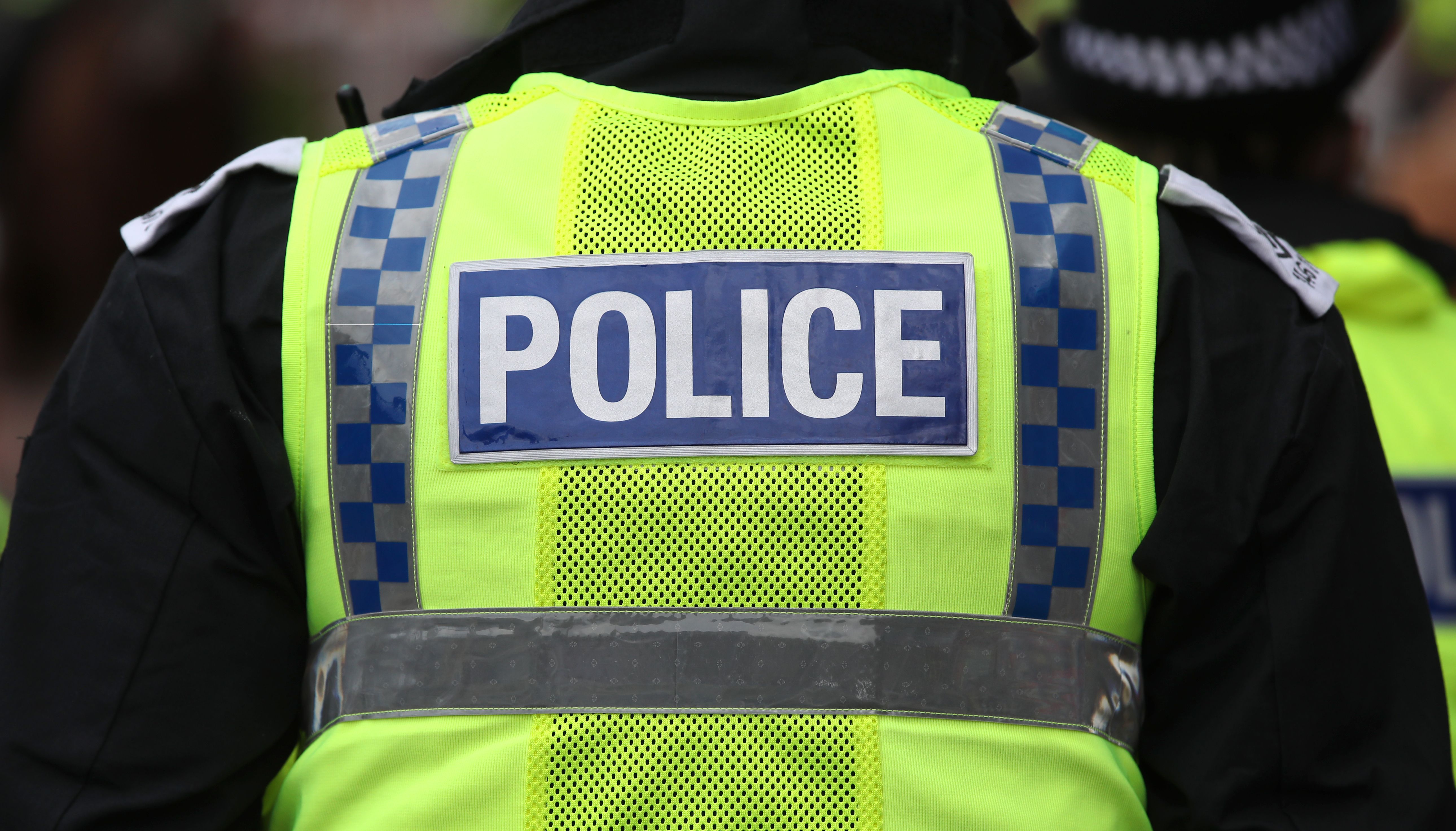Police officers opened 'hate incident' file after 11-year-old boy called 'shorty' and 'leprechaun'
Police officers in Wiltshire stepped in after the child was subject to name-calling in the street
Don't Miss
Most Read
Wiltshire Police opened a "hate incident" file after an 11-year-old boy was called "shorty".
Police officers interfered after the child, who was also called a "leprechaun", was verbally harassed in the street, in a "non-crime hate incident".
Despite an appeal court ruling last December that the policy unlawfully interferes with the right to freedom of expression, the incident became the latest example of documenting name-calling.
Last year Wiltshire was named as the worst police force in the country when it came to solving sex attacks, cracking just one in 140 rape cases.
Non-crime hate incident reports were introduced in 2014 following recommendations by the independent Macpherson Inquiry into the murder of Stephen Lawrence.
The incident reports are defined as "perceived by the victims or any others to be motivated by hostility or prejudice" by the College of Policing.
Police Officers in Wiltshire opened a "hate incident" after an 11-year-old boy was called "shorty
Nick Potts
Around 10,000 incidents are recorded on a yearly basis across the UK.
"It beggars belief that one child calling another 'shorty' becomes a police matter," Josie Appleton, Director of freedom of speech group the Manifesto Club told The Sun.
"Recording 'non-crimes' takes the police into the dangerous territory of policing speech and everyday interactions.
"The police created this dubious non-crime hate incident system on their own initiative, and have been told by the Court of Appeal and Home Secretary to scrap it.
"It's high time they did."
Andrew Allison, Chief Executive of the Freedom Association, added: "Something is either a crime or it isn't.
"Non-crime hate incidents are a threat to free speech and should be consigned to the dustbin of history."
He added that the decision to open a file could also have an impact on the accused future employment prospects as the report could show up in a criminal record check for the next six years.
The accused has no right to appeal.
In recent years, the College of Policing has been forced to review its guidance over non-crime hate incidents following a landmark ruling in December last year.
Former officer at Humberside Police Harry Miller won a Court of Appeal Challenge over guidance on "hate incidents" after claiming it unlawfully interferes with the right to freedom of expression.
Mr Miller was confronted by colleagues over alleged transphobic tweets in January 2020.
The force recorded the complaint as a non-crime hate incident.
The former officer challenged both Humberside Police's actions and the College of Policing's guidance at the High Court in 2020.
A judge ruled the force's actions were a "disproportionate interference" with Mr Miller's right to freedom of expression.
His challenge to the College's guidance was dismissed, with the judge ruling that it "serves legitimate purposes and is not disproportionate".
In a separate ruling, the Court of Appeal found the guidance also breached his freedom of expression rights, forcing the College of Policing to review its guidance to add in more safeguards for freedom of speech.







